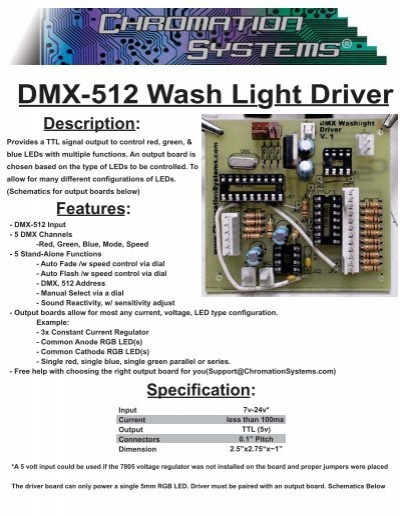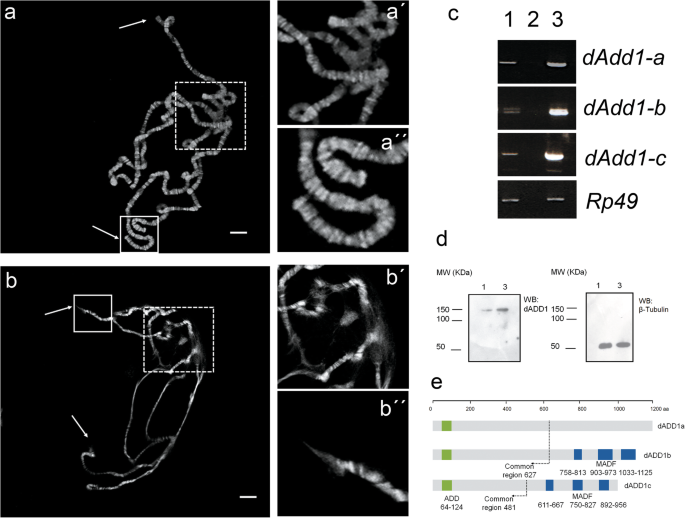ASH1-marked chromatin can be further modified by methylation of H3K27, and ASH1 catalytic activity modulates the accumulation of H3K27me2/3 both positively and negatively. These findings provide new insight into ASH1 function, H3K27me2/3 establishment, and repression in facultative heterochromatin. Chromation Systems, or its Owner, is not liable for any loss, damage or expenses of any kind resulting from the use or misuse of this site or its contents. Best viewed in FireFox 2+ or IE6+ in at least 800x600. Cancer is driven by somatic mutations in critical genes, but few non-coding drivers are known. In a pan-cancer analysis, Zhu et al. Identified frequently mutated, multi-tissue regulatory elements with chromatin loops to distal genes. Genomic deletion of one region caused deregulation of cancer genes, pathways, and proliferation in human cells.
As part of the new class of Pew-Stewart Scholars, geneticist Chao Lu, PhD, is taking a close look at chromatin’s role in cancer and other human diseases. Work in the Lu lab has revealed that cancer-associated mutations in chromatin modulators are drivers of tumor development. A key goal is to determine which of these chromatin mutations are druggable, and down the road, to add innovative chromatin-based therapies to current oncology practice.
Dr. Lu, assistant professor of genetics and development at Columbia University Irving Medical Center and a member of the Herbert Irving Comprehensive Cancer Center (HICCC) at NewYork-Presbyterian/Columbia, is one of just seven new Pew-Stewart Scholars for Cancer Research announced June 14 by the Pew Charitable Trust. The prestigious four-year grant, funded by the Alexander and Margaret Stewart Trust and administered by Pew, supports promising early career scientists whose research will accelerate discovery and advance progress to a cure for cancer. In 2019, the seven scientists were selected out of a pool of 62 nationwide, and to date, there are 32 Pew-Stewart Scholars working to solve cancer.

Dr. Lu is bringing his interdisciplinary expertise in cancer biology and chromatin regulation to examine the fundamentals of tumor development and identify new potentially druggable targets, looking beyond single genetic mutations that contribute to cancer.

In its textbook role, chromatin’s primary function is to package long, complex DNA molecules in a precise way that protects DNA’s structure and plays a crucial role in many important biological processes, including cell division and gene expression regulation. As Dr. Lu puts it, “It has been known to be a ‘boring’ mechanism to study.” But in the past 20 years with the advent of next-generation sequencing technology, scientists have been able to systematically sequence the tumor genome, and in doing so, have revealed much more that how aberrant chromatin organization can potentially drive tumorigenesis.
Drivers Chromatin Test
“When scientists first started to sequence different cancer types, obviously they got some of the usual suspects, which are the genes we know that cause cancer but they also got a lot of surprises,” says Dr. Lu. “Among the genes we didn’t know that were involved in the tumorigenic process are chromatin-associated proteins which are involved in genome regulation. Chromatin’s function in packaging DNA itself contains a lot of regulation, and we now appreciate that if that process is abnormal, all kinds of disease can happen, not just cancer.”

Dr. Lu and his lab are trying to understand how chromatin regulators promote tumorigenesis and to consider new strategies for therapeutically targeting tumors with chromatin mutation. “This is not your conventional, textbook oncogenes and tumor suppressors. We’ll need a new way to target them,” notes Dr. Lu.
Through a combination of high-throughput genetic approaches and biochemistry, Lu and his group are aiming to discover how the mutation in chromatin regulators change the genome regulation landscape, which in turn are effecting different cancer hallmarks.
Dr. Lu joined Columbia University in the spring of 2018 from Rockefeller University, where he was a post-doctoral fellow in Dr. C. David Allis’ Laboratory of Chromatin Biology and Epigenetics. Dr. Lu wanted to pair his previous training in cancer biology to a broad area of basic research, which is what attracted him to chromatin, specifically chromatin malfunction as a new mechanism responsible for cancer progression.
“In addition to its link to cancer, I was and am intrigued by the chromatin itself and by its very complex interaction to ensure our genes are properly regulated,” says Dr. Lu. “I continue to be amazed by the sophisticated process in which our cells package our genome and access them in a highly regulated manner.”
Drivers Chromatin Vs
Dr. Lu joins an innovative class of Pew-Stewart scholars whose research aims to better understand the origins, diagnosis, and treatment of cancer. Pew scholars gather annually in March for Pew's annual meeting in the biomedical sciences, where they are recognized and network with peers in the field. In 2018, Dr. Lu received the AACR Gertrude B. Elion Cancer Research Award and in 2017, the Damon Runyon-Dale F. Frey Award for Breakthrough Scientists and Blavatnik Regional Award for Young Scientists.
Drivers Chromatin Model
-Melanie A. Farmer
